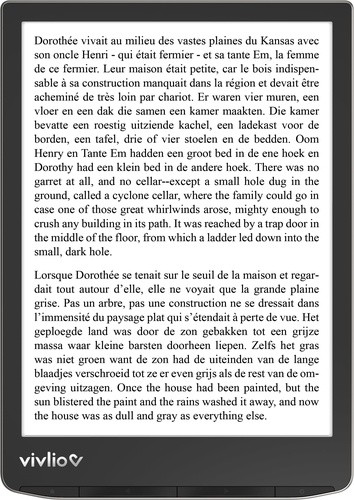En cours de chargement...
The Unified Neutral Theory Of Biodiversity And Biogeography
45,90 €
Neuf
Actuellement indisponible
Résumé
Despite its supreme importance and the threat of its global crash, biodiversity remains poorly understood both empirically and theoretically. This ambitious book presents a new, general neutral theory to explain the origin, maintenance, and loss of biodiversity in a biogeographic context. Until now biogeography (the study of the geographic distribution of species) and biodiversity (the study of species richness and relative species abundance) have had largely disjunct intellectual histories. In this book, Stephen Hubbell develops a formal mathematical theory that unifies these two fields. When a speciation process is incorporated into Robert H. MacArthur and Edward O. Wilson's now classical theory of island biogeography, the generalized theory predicts the existence of a universal, dimensionless biodiversity number. In the theory, this fundamental biodiversity number, together with the migration or dispersal rate, completely determines the steady-state distribution of species richness and relative species abundance on local to large geographic spatial scales and short-term to evolutionary timescales. Although neutral, Hubbell's theory is nevertheless able to generate many nonobvious, testable, and remarkably accurate quantitative predictions about biodiversity and biogeography. In many ways, Hubbell's theory is the ecological analog to the neutral theory of genetic drift in genetics. The Unified Neutral Theory of Biogeography and Biodiversity should stimulate research in new theoretical and empirical directions by ecologists, evolutionary biologists, and biogeographers.
Sommaire
- MacArthur and Wilson's Radical Theory
- On Current Theories of Relative Species Abundance
- Dynamical Models of the Relative Abundance of Species
- Local Community Dynamics under Ecological Drift
- Metacommunity Dynamics and the Unified Theory
- The Unified Theory and Dynamical Species-Area Relationships
- Metapopulations and Biodiversity on the Metacommunity Landscape
- Speciation, Phylogeny, and the Evolution of Metacommunity Biodiversity
- Sampling, Parameter Estimation, and the Generality of the Unified Theory
- Reconciling Dispersal-Assembly and Niche-Assembly Theories
Caractéristiques
-
Date de parution17/05/2001
-
Editeur
-
Collection
-
ISBN0-691-02128-7
-
EAN9780691021287
-
PrésentationBroché
-
Nb. de pages375 pages
-
Poids0.465 Kg
-
Dimensions14,0 cm × 21,5 cm × 2,2 cm
Avis libraires et clients
Avis audio
Écoutez ce qu'en disent nos libraires !





